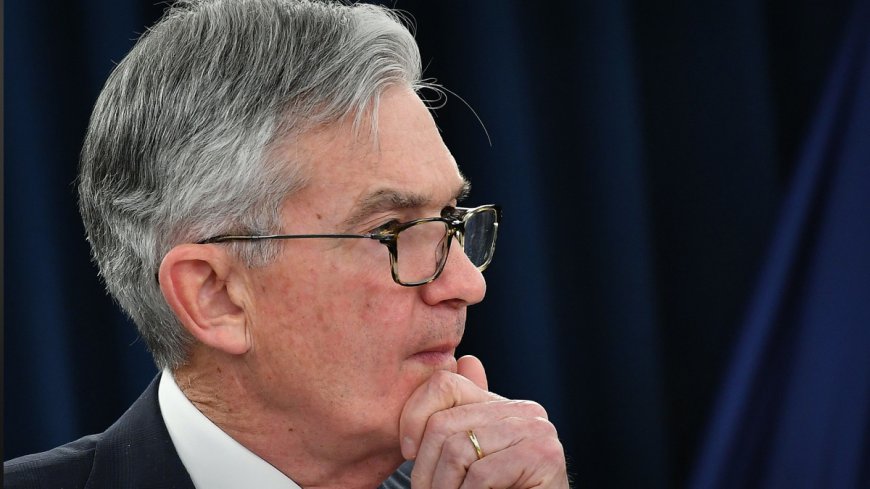Vanguard sees recession coming amid stubborn inflation
The economy grew an annualized 2.1% in the second quarter. And the federal funds rate stands at 5.25-5.5%.

Some economists have dropped their forecast of a recession, but not Joseph Davis, chief global economist at Vanguard.
Related: Goldman slashes U.S. recession risk forecast on solid jobs, fading rate bets
After raising interest rates by 5.25 percentage points since March 2022, the Federal Reserve “may need to raise rates further/hold policy tighter for longer, with rates on hold until late 2024,” he wrote in a commentary.
“The long-run federal funds rate could settle at 3.5%, higher than the 2.5% currently reflected” in the Fed’s forecast. The fed funds rate currently stands at 5.25% to 5.5%.
“This would support the need for the need for further and prolonged policy tightening, possibly one to three more hikes before ... a pause until late 2024,” Davis said.
The Fed is unlikely to raise rates this week, as it waits for more data on jobs and inflation, he said.
Davis’ Inflation Outlook
As for inflation, it has softened, with core inflation, which excludes food and energy, registering 4.3% year-on-year in August.
Core inflation is unlikely to meet the Fed’s 2% target until 2025, Davis said. Services prices ex-housing have fallen but remain elevated.
“This category is highly correlated with wage growth, so further labor market easing is needed before the Fed can be comfortable it will achieve its 2% target,” he said.
Turning to employment, year-on-year wage growth is stuck in the 4%-5% range, above the 3%-3.5% range needed to reach 2% inflation, Davis said.
The ratio of job openings to unemployed workers needs to fall close to the pre-pandemic level of 1.1 from about 1.5 currently for a sustained move toward 2% inflation, he said.
The Economy and Recession
Looking at the economy, “GDP growth has been surprisingly strong, despite the Fed’s aggressive policy tightening, due to a resilient consumer and fiscal policy that has been counteracting monetary policy,” Davis said. That fiscal policy includes spending on infrastructure and the semiconductor industry.
GDP growth registered an annualized 2.1% in the second quarter. Davis sees growth of 1.8% for 2023, slowing to 0.5% in 2024.
His base case is for recession next year, with a 70% probability in the next 18 months.
“A soft landing is still possible,” Davis said. “But … it would require an unlikely painless disinflation process toward [the Fed’s 2%] target without a slowing of demand in the economy.”
If the Fed mistakenly views a temporary slowing of inflation as achieving the inflation target, “this leaves in place the possibility of a re-acceleration of inflation, further policy tightening, and eventual recession,” Davis said.
What's Your Reaction?


























































